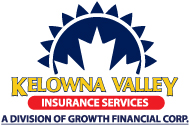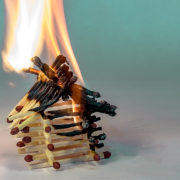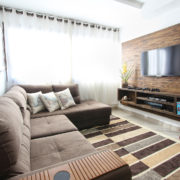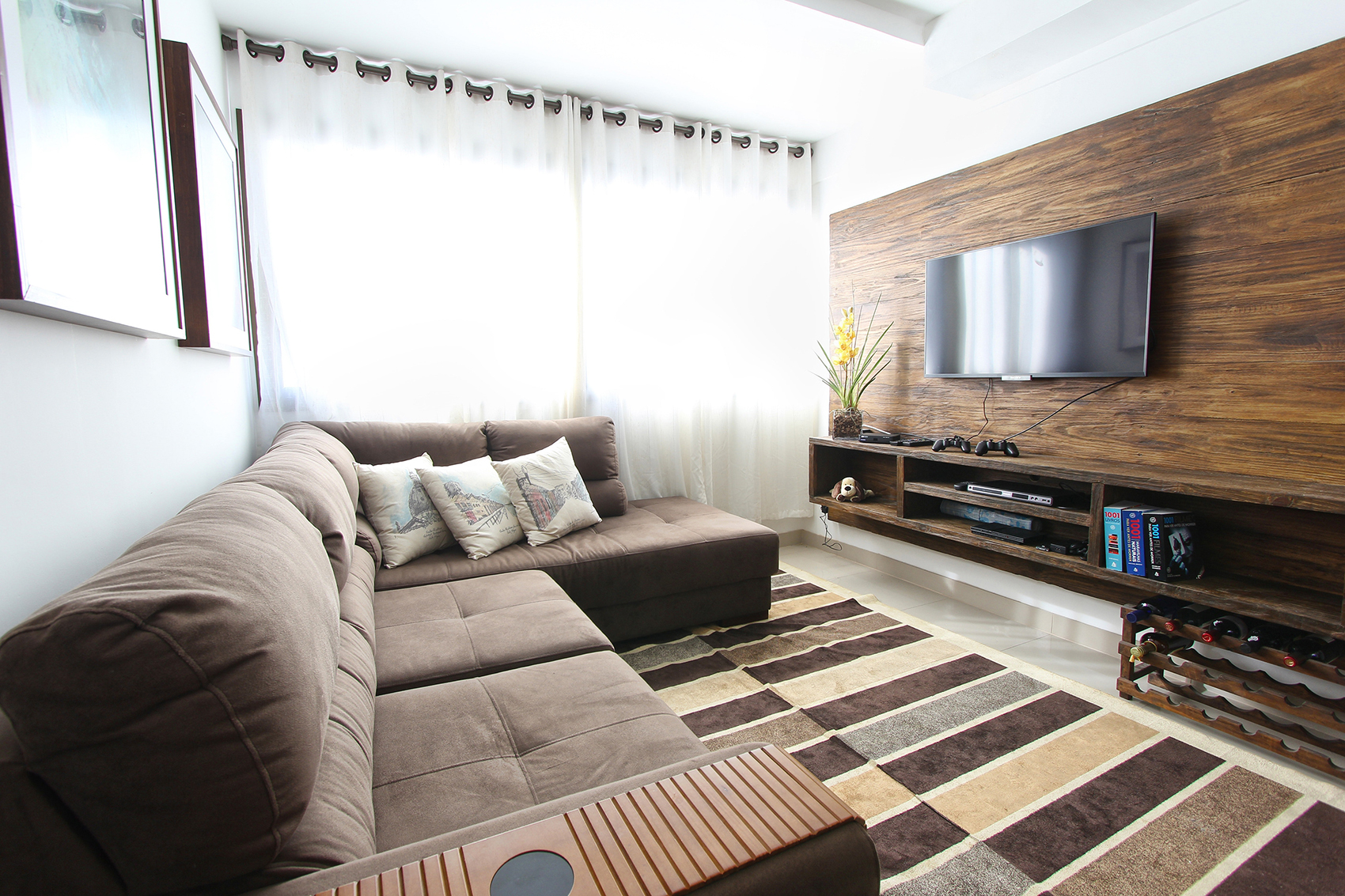Protect Yourself and Your Home: Practice Loss Prevention
You buy insurance to help keep you, your family, and your home safe. What else can you do? Be proactive, mitigating as much risk as possible, and think loss prevention!
Yes, you’ve bought your home insurance to protect your home and most valuable assets. But, if you understand common risks there are steps you can take to effectively mitigate them to prevent potential losses.
The fact is, and as much as we’d rather not think about it, the worst-case scenario sometimes occurs. It might be a flooded basement, kitchen fire, natural disaster, or something else entirely. Home insurance exists to provide you important peace of mind, knowing you’re protected in the event of any losses and potentially costly risks.
It’s not just about your insurance, however. There’s a lot you can do, before tragedy strikes, to prevent damage and loss to your home.
As a homeowner, know the risks you may face. Some are quite obvious (fire, for instance), while others only reveal themselves to someone who knows where to look and what questions to ask – your insurance representative.
When it comes to loss prevention, know how to reduce your risk:
- Know what might go wrong. Is your home surrounded by wild junipers that could provide fuel to the loose spark from your firepit? Learn what you can do, outdoors, around your home to make it fire safe. An uneven step could cause someone to fall on your property. Learn about your slip, trip and fall risks and the value of preventive maintenance.
- Plan ahead to reduce your liability risks. Create an emergency kit and plan emergency exit routes with your family members. Limit how much alcohol guests are served when you host a BBQ, dinner or house party. Prevent sewer overflow in your basement by installing a backwater valve. Ensure that all smoke and carbon monoxide detectors are working properly.
- Know how to handle an emergency or loss situation. Learn what you need to know when making a property claim. And keep calm.
- Keep an up-to-date record of your household contents. A current home inventory of your belongings will make it easier to file a claim.
- Consider if you have adequate coverage. If you are concerned about natural disasters, you may be able to add coverage to your policy, such as earthquake coverage. Your insurance representative can explain the available options.
- Be sure that your home is equipped with approved loss prevention devices:
fire alarm systems
fire suppression systems
security systems
sump pumps and backwater valves
automatic water shut-off devices
reflective tape for heavy/farm equipment
lightning suppression systems
back-up power systems
keep the chimney clean and free of brush and debris
hail-resistant roofing materials
To learn more about loss prevention, CONTACT US; we have the knowledge and expertise to advise you on all aspects of Loss Prevention.



